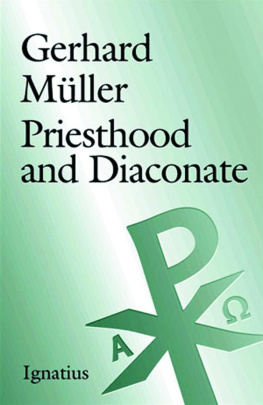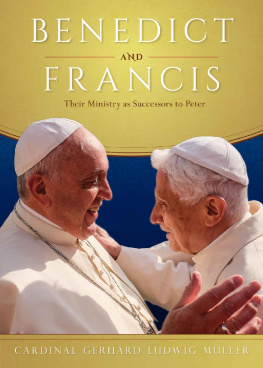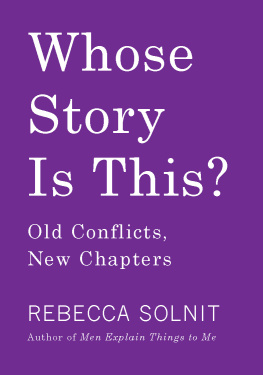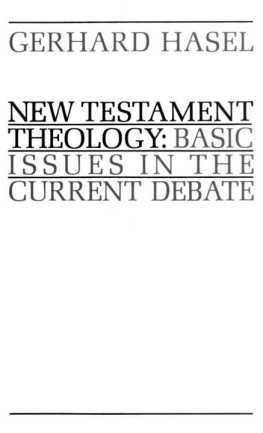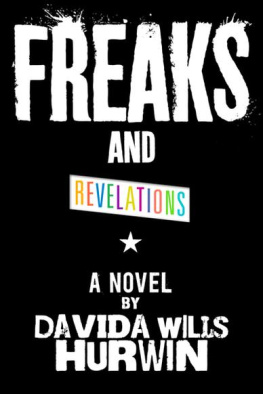
Revelation and Story
From the work of Hegel and Schelling to the dialectical theology of Barth, Bultmann and Gogarten, 'Revelation' has developed a long, rich tradition of diverse thought as well as many misunderstandings. Meaning, first and foremost, 'God's encounter with those to whom God wishes to communicate God's own self', Revelation seeks to be recounted and communicated to others. As a theological expression Revelation aims to direct our attention to the modes and areas in which we have a basis for expecting encounter with God through stories, nature, the world as creation. From a rediscovered emphasis on 'story', narrative theology has emerged a concept the English-speaking world has welcomed for its neutrality between history and imaginative fiction and stress on narrative rather than doctrinal dimension of biblical text.
Revelation and Story is the first book to bring into relationship a concern with theology of revelation and an interest in the theology of story or narrative theology. Mediating between German systematic theology's concern for revelation and the current Anglo-Saxon interest in narrative theology and centrality of 'story', this book illuminates both traditions. Exploring 'revelation' and 'story' from both theological and philosophical perspectives, this book connects these concepts with questions of the authority of religious and literary texts, particularly the Bible. Believing that God's revelation precedes and forestalls all human perception of God, all speech about God, and every attempt to experience anything about God or know Him, leading scholars from both Anglo-Saxon and German traditions are brought together to present a diverse range of conceptions relating to how God's revelation occurs, resulting in a new theory of the relation of revelation and story which transcends the traditional cultural divide. Stanley Hauerwas contributes the Foreword.
Revelation and Story offers a valuable new contribution to systematic theology, hermeneutics, and the study of the authority of Scripture, as well as presenting insights into important overlaps between British and German theology. This book will be of particular interest to scholars and students of philosophy and theology, and to students of literature and literary theory with an interest in hermeneutics.
Revelation and Story
Narrative theology and the centrality of story
Edited by
Gerhard Sauter and John Barton
First published 2000 by Ashgate Publishing
Reissued 2018 by Routledge
2 Park Square, Milton Park, Abingdon, Oxon, OX14 4RN
711 Third Avenue, New York, NY 10017, USA
Routledge is an imprint of the Taylor & Francis Group, an informa business
Copyright Gerhard Sauter and John Barton 2000
All rights reserved. No part of this book may be reprinted or reproduced or utilised in any form or by any electronic, mechanical, or other means, now known or hereafter invented, including photocopying and recording, or in any information storage or retrieval system, without permission in writing from the publishers.
Notice:
Product or corporate names may be trademarks or registered trademarks, and are used only for identification and explanation without intent to infringe.
Publishers Note
The publisher has gone to great lengths to ensure the quality of this reprint but points out that some imperfections in the original copies may be apparent.
Disclaimer
The publisher has made every effort to trace copyright holders and welcomes correspondence from those they have been unable to contact.
A Library of Congress record exists under LC control number: 00038101
Typeset by Manton Typesetters
ISBN 13: 978-1-138-73880-5 (hbk)
ISBN 13: 978-1-315-18458-6 (ebk)
Stanley Hauerwas
The Divinity School, Duke University
This book should not exist. Everyone knows that Germans and the British do not 'get on'. Even less likely is a cooperative venture between German and British theologians. As John Barton observes in his contribution to this book, German theologians are trained to do theology in a manner that almost seems calculated to make British theologians uncomfortable. The Germans seem so sure that they can say things the British are not sure can ever be said. Put crudely, the British may (with some hesitation) be willing to talk about how story might be an informative concept for disclosing the grammar of certain kinds of theological claims; but they would never talk as assuredly as Germans about revelation. At least they would never use the language of revelation in academic contexts as if they knew what they were talking about.
Yet this book does exist, and that it does tells us something important about current conditions under which theological work must be done. At the very least, the book is a testimony to Gerhard Sauter and his Bonn colleagues who have tirelessly worked to make connections with theologians around the world. We have long benefited at Duke from a joint programme with Bonn that involves not only faculty interaction but also student exchanges. Through our interactions those of us at Duke have been enriched by better appreciating the challenges before those working in the German context. Appreciating how they meet those challenges helps us better understand our common work as Christian theologians. The high quality of these contributions testifies to the importance of such collaboration that enables us to learn from one another.
These essays, to be sure in quite different ways, suggest that any account Christians give of the interrelation of revelation and story requires a display of how the content of that which is revealed opens itself out to other stories and voices. That this book is the result of a conversation between theologians who have been shaped by the habits of quite different academic and social contexts is clear from its contents. Moreover, the essays themselves manifest this openness through use of philosophical, literary and historical materials as necessary for the theological enterprise. If revelation is a claim about God's very nature, then it is antithetical to the character of that which is revealed to appeal to revelation to end a conversation. Rather, as these essays witness, the Christian affirmation that our God is revealed is but an invitation to learn from other sources. So the fact that British and German theologians open out, not only to one another but to others whose work may not be explicitly theological, is a small but nonetheless significant sign of hope for our current theological tasks. If nothing else, this volume represents the kind of robust theology possible when theologians recognize the worst theological sin is thinking our task is to protect God.
The existence as well as the subject of this book I believe tells us something about the changing politics for theological work. That politics is not the commonplace that the world is growing smaller and/or that we must now all learn to work in a global context in which we gain an appreciation of stories different from our own. Such a reading, I think, is a profound mistake, given the character of contributions to this book. As one of the early advocates of what came to be called 'story theology', I confess that I have often found myself quite unsympathetic to many of the theological proposals that have flown that flag, because they but reproduce the apologetic strategies of Protestant liberalism in a new guise. The contributors to this book happily avoid that trap to the extent that they make clear that calling attention to the narrative character of Christian revelation cannot be a strategy to avoid questions of the truth of that which is revealed.





